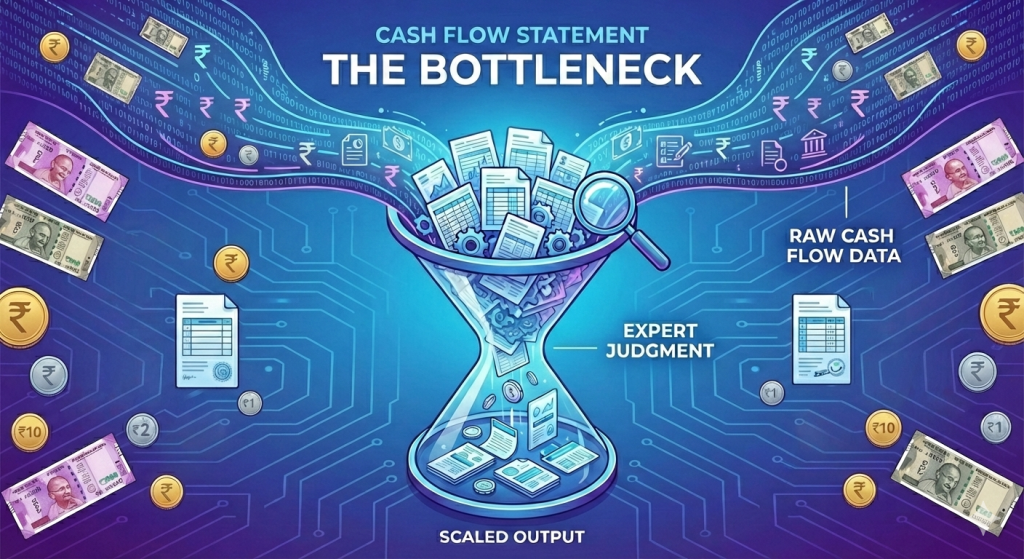Lessons in Ethics, Risk, and Resilience from the Microsoft–Nayara Episode
The recent controversy between Microsoft and Nayara Energy has stirred conversations far beyond the two companies. Microsoft allegedly cut off support and access, only to restore it after legal intervention. For many Indian enterprises, this episode is not just about a contractual dispute — it highlights the ethical, strategic, and operational vulnerabilities that lie hidden in our dependence on global technology vendors.
What Happened
Nayara Energy, one of India’s leading downstream oil companies, suddenly found its support from Microsoft withdrawn. Reports suggest this was linked to geopolitical considerations — Nayara has ties with Rosneft, a Russian entity under sanctions. The sudden cutoff meant a business-critical organization was left vulnerable despite being a legitimate paying customer. After legal escalation, Microsoft reinstated services.
The Core Ethical Question
This raises a fundamental concern: Does a supplier have the right to unilaterally deny usage of products and services that a customer has already paid for?
Imagine paying your electricity bill in full, only to have the power company cut off supply without notice because of factors unrelated to you as a consumer. In the physical world, such action would be unthinkable — and rightly challenged.
Why then should it be tolerated in the digital world? Trust forms the bedrock of all business relationships. While vendors must comply with laws and sanctions, the manner of execution matters. A unilateral, abrupt withdrawal violates the spirit of fairness and undermines the very idea of technology as a reliable utility.
Impact on Both Companies
- For Nayara Energy: The disruption risked critical operations and highlighted its dependence on a single foreign technology vendor. Even temporary loss of support could have cascading effects on production, safety, and financial transactions.
- For Microsoft: The move created reputational risk, raising questions about fairness, neutrality, and treatment of enterprise customers in geopolitically sensitive regions.
Broader Lessons for Industry
This episode holds valuable lessons for enterprises, particularly in markets like India where reliance on global technology vendors is deepening.
- Contractual Preparedness: Standard vendor agreements often favor suppliers. Enterprises must negotiate stronger clauses around service continuity, unilateral suspension, and remedies.
- Vendor Accountability Beyond Contracts: When suppliers disrupt services despite having accepted payment, the breach is ethical as much as contractual. Customers must be willing to demand more than restoration — acknowledgments of mishandling, assurances against recurrence, and systemic safeguards. By not pressing for such commitments, Nayara may have regained normal operations quickly but left the structural risk unaddressed.
- Disaster Recovery Reimagined: Traditional DR focuses on technical failures, outages, and cyberattacks. This incident underscores the need to extend DR plans to cover supplier behavior risks — unilateral service withdrawals, compliance disputes, or license revocations.
- Local vs. Global Supplier Dependence: While global vendors offer scale and sophistication, Indian enterprises should evaluate diversifying toward capable Indian technology suppliers. In Nayara’s case, Rediff helped them with email service during the crisis. If Rediff were not there, the situation would have been much worse.
Perhaps, we should encourage domestic alternatives for mission-critical software. Just as energy security is a national priority, digital sovereignty must be too.
Ultimately, the question isn’t just about technology resilience but business sovereignty. Enterprises must ensure that their ability to operate cannot be dictated unilaterally by any single external vendor.
Moving Forward
This incident is a wake-up call. Cloud services and enterprise software are no longer “nice-to-haves” — they form the backbone of business continuity. Enterprises can no longer assume that paying for a service guarantees its availability. They must plan for contingencies, demand stronger accountability from vendors, and where possible, invest in strengthening local alternatives.
The Microsoft–Nayara episode may soon fade from headlines, but its lessons should not. Leaders must revisit contracts, fortify disaster recovery playbooks, and — most critically — reassess their strategic dependence on external technology providers. Because when the clouds turn dark, it’s already too late to look for sunshine.




